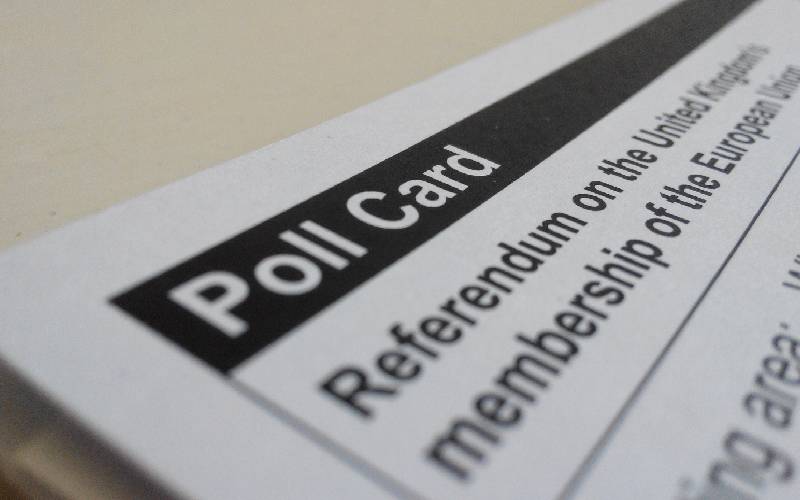×
The Standard e-Paper
Home To Bold Columnists

The Constitution must be re-examined every other time to establish whether it meets needs of the society. It is not perfect and that is why the drafter included the mechanisms through which it can be amended.